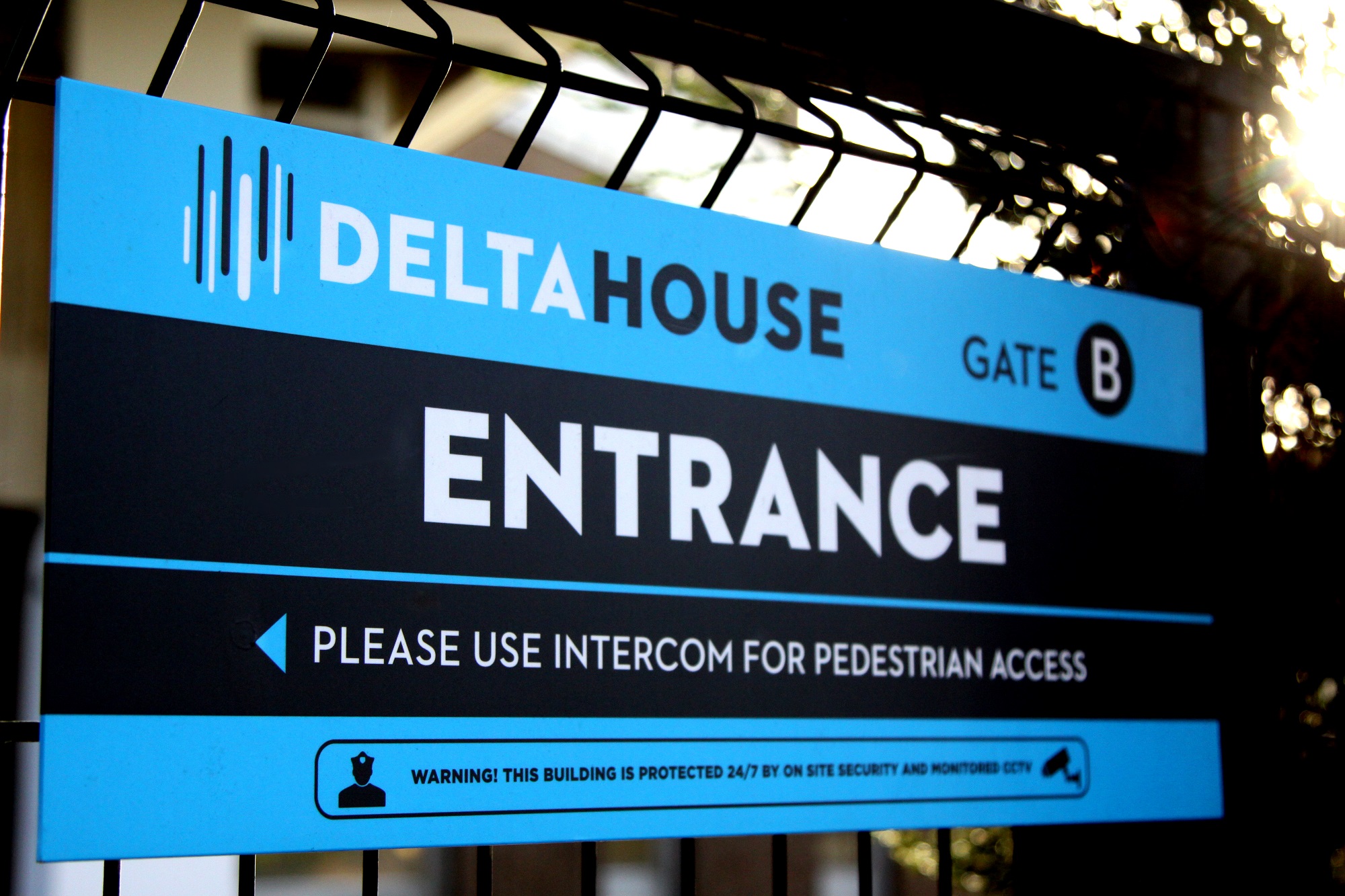
By Manchester Digital member Emily Kelly at Alexander & Co, who provides expert advice to both businesses and individuals on crypto tax matters.
Emily was recently a panel guest at Manchester Digital’s Fintech Conference. Following a request from several members for more information on how crypto is taxed in the UK, this guide will hopefully be useful for other Manchester Digital Members.
Crypto Tax Update
As the digital economy continues to evolve, cryptocurrency and crypto assets are becoming increasingly mainstream, particularly within the tech-driven ecosystem of Manchester's digital sector. With this growth comes greater scrutiny from HMRC and understanding your tax obligations, whether as a business, investor, or employee is essential to remain compliant and avoid unexpected liabilities.
At Alexander & Co, our specialist crypto tax team has extensive experience advising digital businesses, crypto investors and entrepreneurs. In this guide, we break down what individuals and companies need to know about crypto tax in the UK.
Why Crypto Tax Matters in the Digital Sector
Cryptocurrency taxation is a fast-moving area of legislation. Whether you're a start-up exploring blockchain innovation, a freelancer paid in tokens, or a digital investor trading crypto assets, HMRC expects tax compliance on all crypto-related activity. And importantly, crypto is not treated as gambling, meaning the profits are taxable.
Crypto Tax for Individuals
Capital Gains Tax (CGT)
Most individuals hold crypto as an investment. When you sell, trade, or use your tokens, you're likely triggering a disposal, subject to Capital Gains Tax. Examples include:
- Selling crypto for fiat currency
- Swapping one cryptocurrency for another (e.g., ETH to BTC)
- Using crypto to pay for goods or services
- Gifting crypto (excluding to a spouse)
HMRC requires gains to be calculated and reported in pound sterling. Pooling rules and 30-day acquisition rules apply, making record-keeping essential.
Income Tax and Mining
Crypto received via mining, airdrops, or as employment income may be taxed under Income Tax rules. The classification depends on factors like:
- The frequency and organisation of the activity
- Whether it amounts to a trade
- Whether services were provided in exchange
If crypto is received as employment income and deemed a readily convertible asset (RCA), PAYE and National Insurance contributions must be applied by the employer.
Crypto Tax for Digital Businesses and Employers
Paying Employees in Crypto
If your digital business pays staff in crypto, be aware that HMRC treats this as a money’s worth benefit. You’ll need to:
- Account for PAYE and Class 1 NICs if crypto is an RCA
- Treat non-RCA payments as benefits in kind and report them accordingly
- Ensure compliance with reporting deadlines or risk penalties
Business Trading in Crypto
If your digital company regularly trades in crypto assets, HMRC may consider this a trading activity, making profits subject to Corporation Tax or Income Tax, rather than CGT. Seeking expert advice here is crucial.
Special Considerations in Crypto Tax
Airdrops
Not all airdrops are taxed equally. If received passively and not as part of a trade or in exchange for services, they may be exempt from Income Tax but will still be subject to CGT upon disposal.
Inheritance Tax (IHT)
Crypto assets are treated as property for IHT purposes. Estate planning should incorporate digital wallets and ensure access is secured for executors.
Pensions
Crypto cannot currently be used for tax-relievable pension contributions, as HMRC does not consider it money. However, this area may evolve, and planning is advisable.
Non-Domiciled Individuals
If you are non-domiciled but UK-resident, crypto holdings are considered located in the UK and are therefore taxable. Tax rules differ if assets are co-owned, so professional guidance is recommended.
Self-Assessment & Record Keeping
HMRC expects all crypto transactions to be reported accurately in Self Assessment returns. Even if you're only exchanging tokens without converting to fiat, a gain or loss may arise. Use reliable crypto-to-fiat exchange rates and maintain detailed records for:
- Acquisition and disposal dates
- Values in GBP at each stage
- Wallet addresses and transaction IDs
From the tax year ending 5 April 2025 onwards HMRC now have a dedicated section of the Self-Assessment Tax Return for reporting gains and losses on cryptoassets. This shows that crypto is a key area of focus for HMRC.
HMRC Nudge Letters and investigations
HMRC now shares data with many exchanges, including Coinbase and Binance. This highlights to HMRC those who have engaged in crypto activity and may not have declared this correctly on a self assessment tax return.
From January 2027 the sharing of data extends to any UK-based reporting cryptoasset service providers and becomes mandatory. This means all UK-based exchanges, brokers or dealers will have to disclose the transaction data of their users to HMRC.
Our advice here is to be compliant and submit a tax return for any activity also reviewing previous periods of activity. If you have received a letter from HMRC regarding this (often called ‘nudge letters’), our advice here is not to ignore these and seek professional guidance before replying.
Alexander & Co are happy to discuss this with Manchester Digital members further.
Stay Compliant and Minimise Risk
The UK crypto tax landscape is nuanced, and legislation continues to evolve. At Alexander & Co, we specialise in helping digital businesses and individuals structure their crypto affairs in a tax-efficient and fully compliant manner.
Whether you're navigating an HMRC enquiry or simply want to get ahead of your self assessments, our team is here to help.
Need Help with Crypto Tax?
If you are unsure whether you need to pay tax on any crypto activity as an individual or as a business, Alexander & Co is happy to review your circumstances. We can then confirm your position and what actions, if any, you need to take. There is no obligation or initial fee to confirm this, and it is always better to err on the side of caution to avoid potential HMRC penalties and enquiries.
You can contact Alexander & Co via email at info@alexander.co.uk or visit www.alexander.co.uk for further information. You can also call our Manchester office on 0161 832 4841.
Alexander & Co – Supporting Manchester’s Digital Future with Expert Tax Advice
Emily Kelly, a Senior Tax Manager at Alexander & Co is a Chartered Accountant and member of the ICAEW.
Related Resources:








